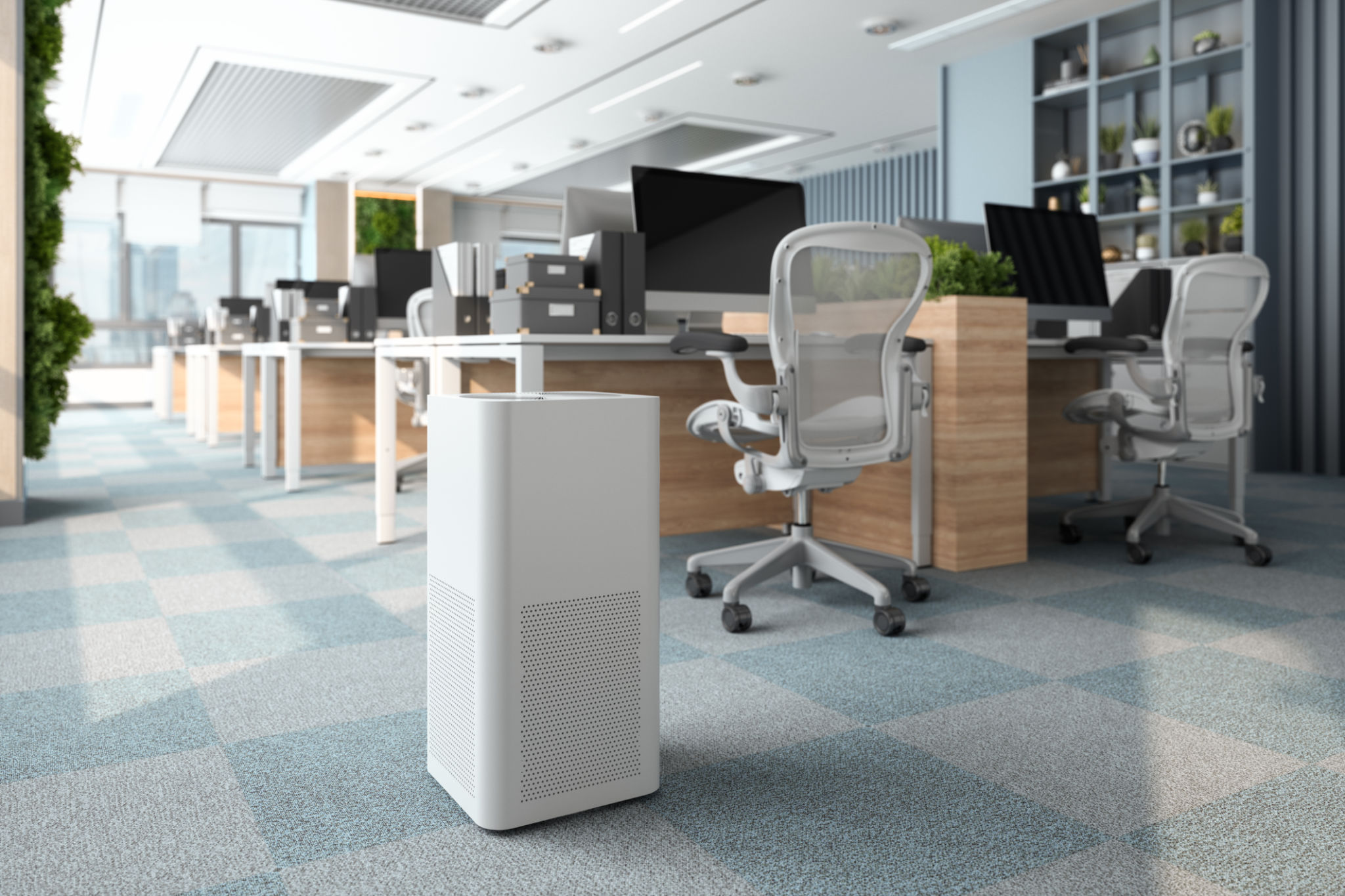Top Tips for Improving Indoor Air Quality in Sicklerville Homes
Understanding the Importance of Indoor Air Quality
Indoor air quality is a critical aspect of maintaining a healthy home environment, especially in areas like Sicklerville. Poor air quality can lead to a variety of health issues, including allergies, asthma, and other respiratory problems. Understanding the factors that contribute to indoor air pollution is the first step towards improving it.
Common sources of indoor air pollution include dust, pet dander, mold spores, and volatile organic compounds (VOCs) from household products. These pollutants can accumulate over time, leading to deteriorating air quality. By addressing these issues, you can create a healthier living space for you and your family.

Ventilation: The Key to Fresh Air
One of the simplest yet most effective ways to improve indoor air quality is to ensure proper ventilation. This involves allowing fresh air to circulate throughout your home, reducing the concentration of indoor pollutants. Here are some tips to enhance ventilation:
- Open windows and doors regularly to let in fresh air.
- Use exhaust fans in kitchens and bathrooms to remove moisture and odors.
- Consider installing a mechanical ventilation system for consistent air exchange.
By increasing airflow, you can minimize the buildup of harmful pollutants and maintain a healthier indoor environment.
Regular Cleaning Practices
Keeping your home clean is another crucial step in improving air quality. Dust, allergens, and other particles can accumulate on surfaces and contribute to poor air quality. Implementing a regular cleaning routine can help mitigate these effects.
Focus on vacuuming carpets and rugs frequently using a vacuum with a HEPA filter. Dust surfaces with a damp cloth to trap particles rather than spreading them into the air. Additionally, wash bedding and curtains regularly to reduce allergens.

The Role of Air Purifiers
Air purifiers can be a valuable addition to your home, especially if someone in your household suffers from allergies or asthma. These devices work by filtering out pollutants and allergens from the air, providing cleaner air to breathe.
When selecting an air purifier, look for models with HEPA filters, as they are effective at capturing small particles. Place them in commonly used areas, such as bedrooms and living rooms, for maximum benefit.
Managing Humidity Levels
Humidity plays a significant role in indoor air quality. High humidity levels can promote mold growth and increase dust mite populations, both of which can negatively impact health. Conversely, low humidity can cause dryness and irritation in the skin and respiratory system.
To maintain optimal humidity levels, use a dehumidifier in damp areas like basements or bathrooms. Aim for a humidity level between 30% and 50% for optimal comfort and health benefits.

The Impact of Houseplants
Incorporating houseplants into your home is not only aesthetically pleasing but also beneficial for air quality. Certain plants are known for their ability to purify the air by absorbing toxins and releasing oxygen.
Consider adding plants such as spider plants, peace lilies, or snake plants to your living space. These plants are easy to care for and can significantly improve indoor air quality while adding a touch of nature to your home.
Conclusion: A Healthier Home Environment
Improving indoor air quality in your Sicklerville home requires a combination of strategies, from enhancing ventilation to incorporating houseplants. By taking proactive steps to address sources of pollution and maintain clean air, you can create a healthier living environment for you and your family. Prioritize these tips to enjoy the benefits of fresh, clean air every day.
